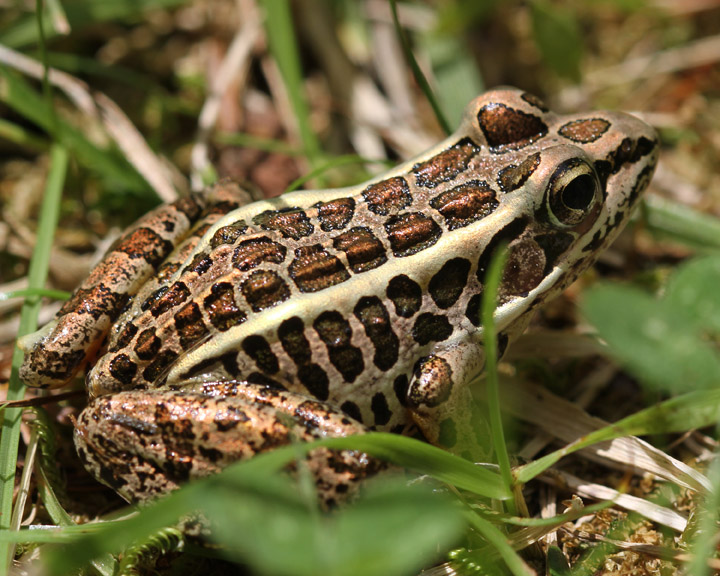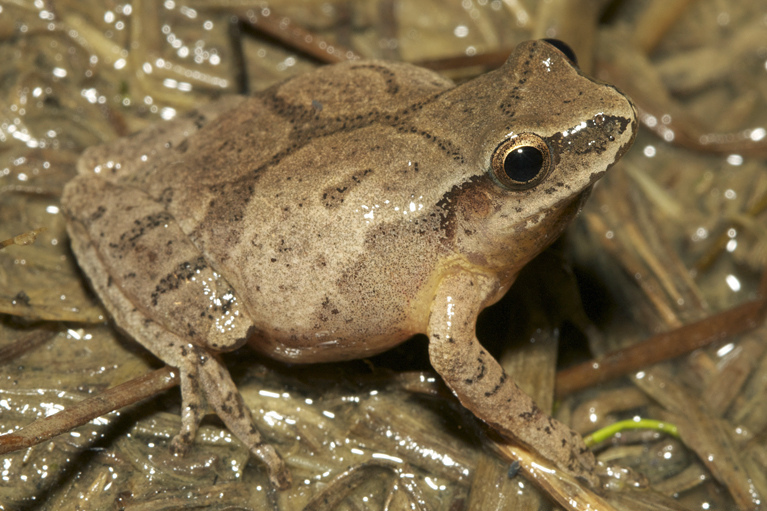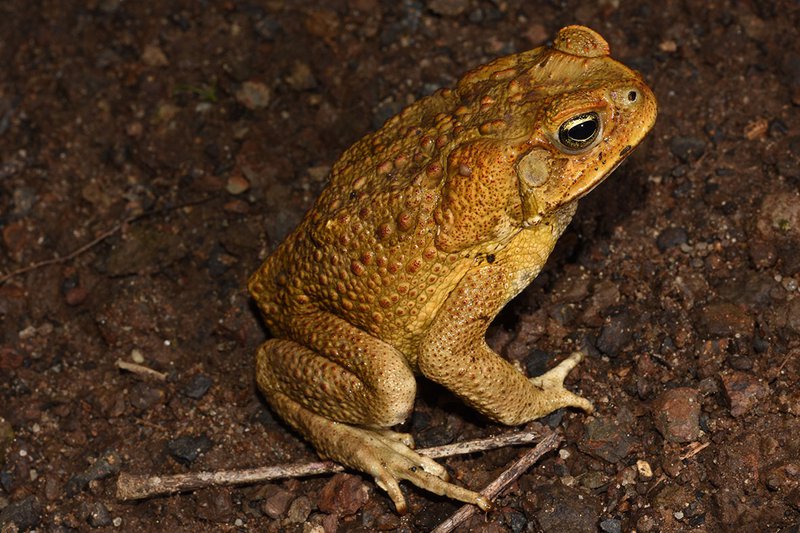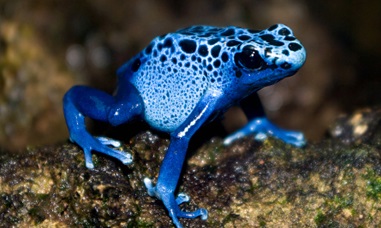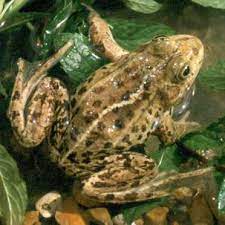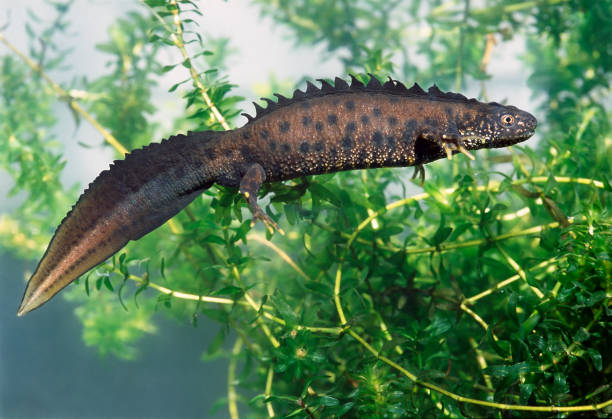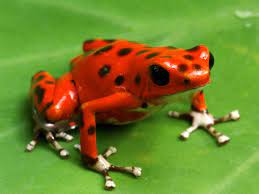Southern Leopard Frogs (Lithobates sphenocephalus) are a species of amphibians native to the southeastern United States. They are named for the distinctive dark, leopard-like spots on their backs and sides, which are set against a green, brown, or yellowish background. These frogs are medium-sized, typically growing between 5 to 9 centimeters (2 to 3.5 inches)… Continue reading Southern Leopard Frogs
Author: staff
Jefferson Salamander
The Jefferson Salamander (Ambystoma jeffersonianum) is a species of mole salamander native to the eastern United States and parts of southern Ontario, Canada. Named after Jefferson College in Pennsylvania, where it was first identified, this salamander is a secretive and elusive amphibian, often dwelling underground for much of the year. It is notable for its… Continue reading Jefferson Salamander
Tiger Salamander
Physical Description Habitat Life Cycle Behavior Diet Reproduction Conservation Status Interesting Facts Tiger salamanders are a vital part of their ecosystems, contributing to the balance of insect populations and serving as prey for larger animals. Their unique life cycle and adaptability make them an intriguing subject of study for herpetologists and nature enthusiasts alike.
Pickerel Frog
The Pickerel Frog (Lithobates palustris) is a medium-sized North American frog known for its distinctive markings and the toxic skin secretions it produces as a defense against predators. Pickerel frogs are often found in cool, clear streams, ponds, and wetlands, and they play a vital role in aquatic ecosystems by controlling insect populations. Key Features… Continue reading Pickerel Frog
Spring Peepers
The Spring Peeper (Pseudacris crucifer) is a small tree frog native to North America, best known for its distinctive “peeping” call, which is one of the first signs of spring in many regions. Despite being a type of tree frog, spring peepers are most often found in wooded areas near ponds or wetlands, and they… Continue reading Spring Peepers
Cane Toad
The cane toad (Rhinella marina), also known as the giant toad or marine toad, is a large, terrestrial amphibian native to Central and South America. It was introduced to various countries, including Australia and several Pacific islands, primarily to control agricultural pests. However, its introduction has led to severe ecological consequences due to its invasive… Continue reading Cane Toad
Blue Poison Dart Frog
The blue poison dart frog, scientifically known as Dendrobates tinctorius (specifically the variant azureus), is a striking amphibian native to the rainforests of Suriname and parts of northern Brazil. Here’s a detailed overview of this captivating species: Key Features of Blue Poison Dart Frog Physical Characteristics Habitat Behavior Reproduction Conservation Fun Facts The blue poison… Continue reading Blue Poison Dart Frog
Pool Frog
The pool frog, scientifically known as Pelophylax lessonae, is a fascinating amphibian found primarily in parts of Europe. Here’s a detailed overview of this species: Key Features of Pool Frog Physical Characteristics Habitat Behavior Reproduction Conservation Fun Facts The pool frog plays a vital role in its ecosystem, contributing to the balance of food webs… Continue reading Pool Frog
Great Crested Newt
The great crested newt, scientifically known as Triturus cristatus, is a distinctive amphibian found across parts of Europe and is known for its striking appearance and ecological significance. Here’s a detailed overview of this fascinating species: Key Features of Great Crested Newt Physical Characteristics Habitat Behavior Reproduction Conservation Fun Facts The great crested newt is… Continue reading Great Crested Newt
Strawberry Poison Dart Frog
The strawberry poison dart frog, scientifically known as Oophaga pumilio, is a vibrant and fascinating amphibian native to Central and South America. Here’s a detailed overview of this striking species: Key Features of Strawberry Poison Dart Frog Physical Characteristics Habitat Behavior Reproduction Conservation Fun Facts The strawberry poison dart frog is not only a symbol… Continue reading Strawberry Poison Dart Frog



